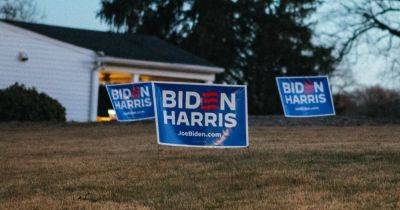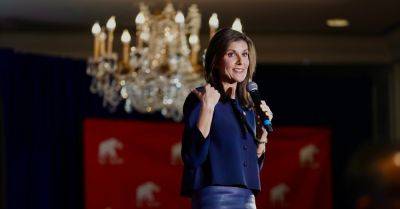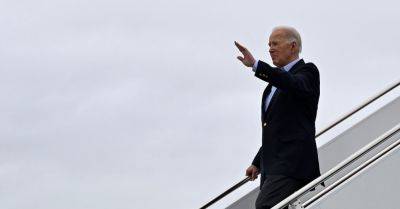Trump’s NATO Threat Reflects a Wider Shift on America’s Place in the World
When former President Donald J. Trump told a campaign rally in South Carolina last weekend that he would encourage Russia to attack NATO allies who “didn’t pay,” there were gasps of shock in Washington, London, Paris, Tokyo and elsewhere around the world.
But not in South Carolina. At least not in the room that day. The crowd of Trump supporters decked out in “Make America Great Again” T-shirts and baseball caps reacted to the notion of siding with Moscow over longtime friends of the United States with boisterous cheers and whistles. “Delinquent” allies? Forget them. Not America’s problem.
The visceral rejection of the American-led security architecture constructed in the years after World War II serves as a reminder of how much the notion of U.S. leadership in the world has shifted in recent years. Alliances that were once seen as the bulwark of the Cold War are now viewed as an outdated albatross by a significant segment of the American public that Mr. Trump appeals to.
The old consensus that endured even in the initial years after the end of the Cold War has frayed under the weight of globalization, the wars in Iraq and Afghanistan, the Great Recession of 2008-09 and Mr. Trump’s relentless assault on international institutions and agreements. While polls show most Americans still support NATO and other alliances, the increasingly vocal objections in some quarters hark back to a century ago when much of America just wanted to be left alone.
“The alliance structure was built to win the Cold War and it’s sort of atrophied,” said Michael Beckley, a scholar of great power competition at Tufts University. “Trump was obviously very jarring when he came to office, but it was part of a long-term trend.” Indeed, he added, “if you







